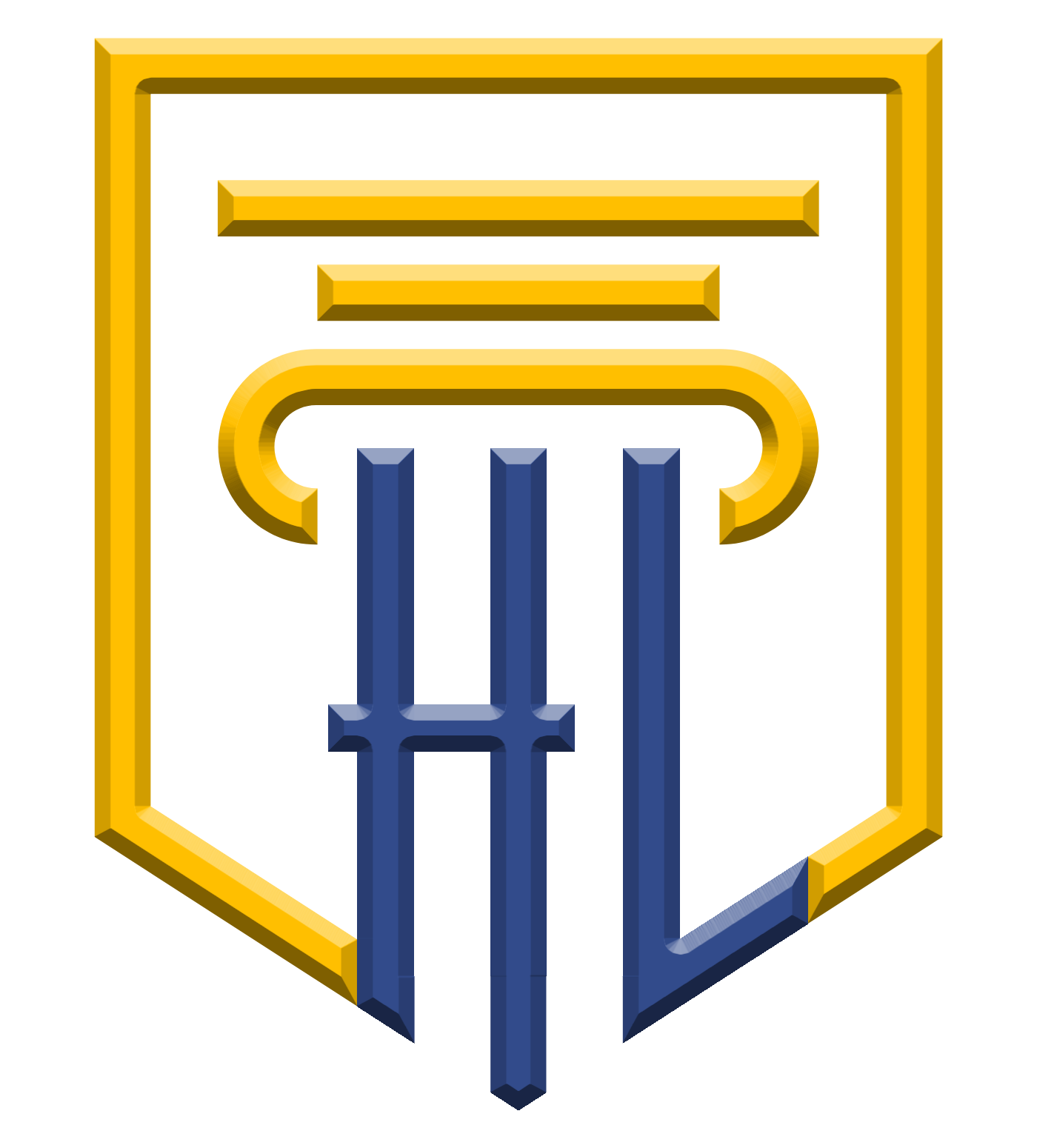Chapter 13

Chapter 13
Chapter 13
Individuals With a Steady Income
C-13 is known as “the wage earner’s” bankruptcy plan. It is a court-ordered and protected reorganization of your debts. Amounts owed can be lowered, foreclosures stopped – some debts even erased completely. You might be thinking, “Isn’t this just like those credit counseling services?” The answer is no. Unlike private credit counseling debt repayment plans, C-13 judgements are protected by law. As long as payments are being made in accordance with the agreement, creditors are forbidden from contacting you for any reason. Even if payments are missed, all parties to the agreement must first meet and discuss the situation with the court appointed trustee before action can be taken.
The process involves quite a bit of paperwork, which is one of the reasons why a certified bankruptcy attorney with direct C-13 experience is important. The information on the filing documents must not only be complete, true and accurate, but must also provide the clearest possible picture of the circumstances of the filer’s situation so that the fairest agreement can be made.
After taking into consideration your costs of living, rent or mortgage, insurance, groceries, utilities, medical expenses and any other necessary spending, the court crafts an agreement to which all parties agree. An independent trustee is assigned to oversee, monitor and deal with any issues or disputes that may arise. For example, an unforeseen emergency or other event (accident, illness, victim of a crime) might make it impossible to meet the terms of the agreement. If the event in question is something beyond your control, the court may rule a ‘hardship discharge’ of your C-13 bankruptcy. This means all debts are permanently erased.
Social Security payments are protected from the judgement.
Total openness and honesty is an absolute requirement of C-13 bankruptcy filings. Don’t assume the courts won’t or don’t know how much money you make, what assets you possess or the full amount of your debt. The court and the judgement will be fair unless one tries to falsely manipulate the process. Doing things like charging big ticket items to your credit cards before filing will highly jeopardize your case. Bankruptcy judges have seen and know all the tricks – play it safe, and the outcome will be a fair and just one.
The objective of C-13 bankruptcy isn’t to punish debtors or creditors, but to settle debts in a doable and fair as possible manner. It is intended to relieve debtors of the stress of burdensome debt and protect them from creditor harassment. Simultaneously, it’s meant to provide creditors with a reasonable and fair settlement of the debt over a period of time that is manageable for the debtor. There is no reason for shame or embarrassment because the debtor is demonstrating good citizenship and responsibility. In time, credit ratings can improve. Many creditors actually look upon C-13 filings as a positive sign of an individual’s credibility and responsibility.
Married couples can file jointly or separately, though we recommend one spouse file under their name so that the other spouse’s credit history remains clear of the event. As soon as you file for C-13 bankruptcy, calls from creditors either stop or are redirected to your attorney. The phone stops ringing, and your mailbox no longer contains threatening messages.
In addition to everything the US Bankruptcy Code provides, Henry Law offers continued and complete guidance and representation. Henry Law takes everything into consideration from all perspectives: yours and the creditors’. C13 from Henry Law will, hand in hand, allow you to use your right, as an American citizen to seek financial recovery and protection from creditors. Henry Law will help you get the fresh start you need and deserve.
